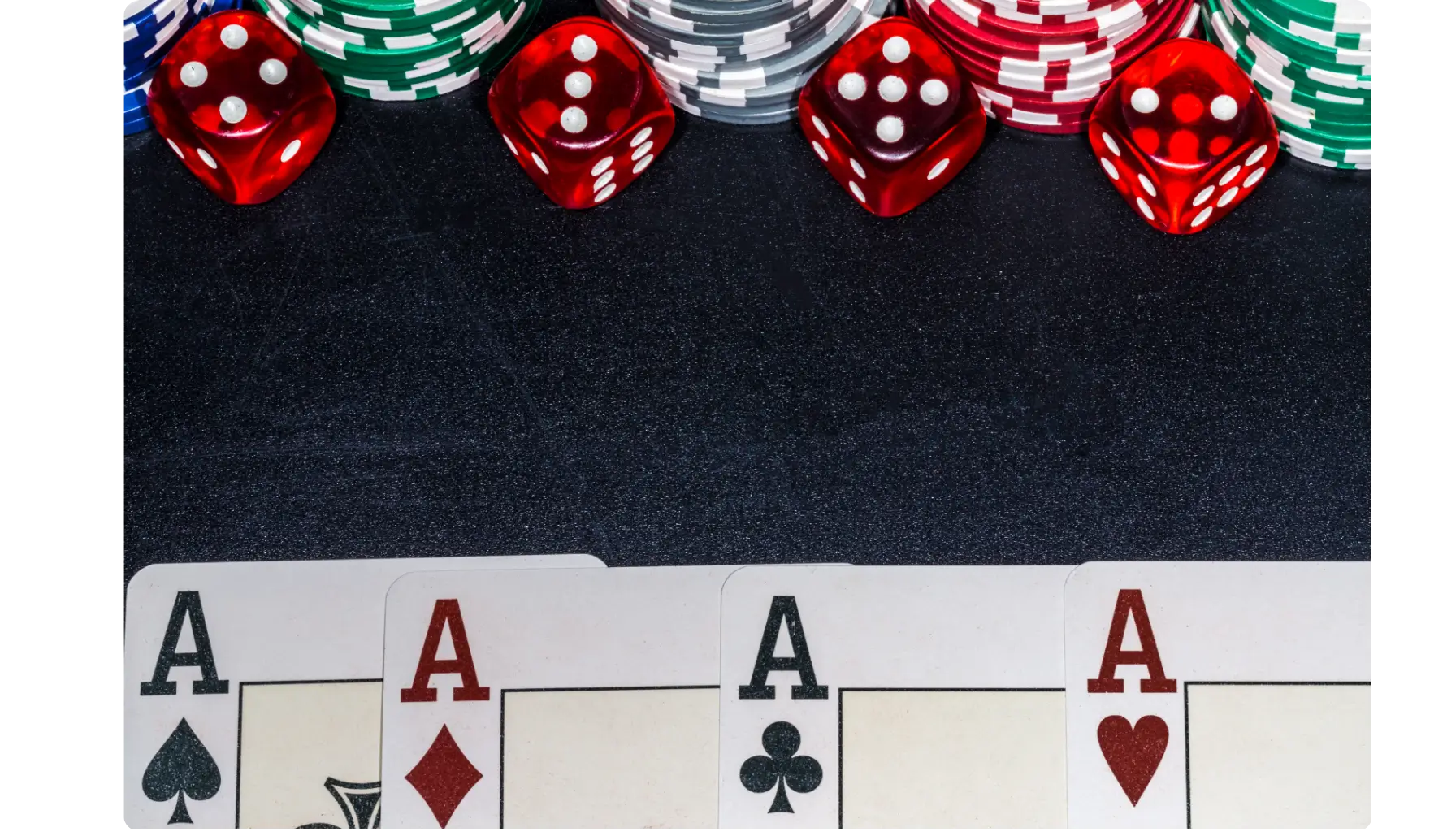
How Our Minds Trick Us at the Casino

Walking into a casino, the allure of bright lights, jingling slot machines, and the thrill of the unknown can be captivating. But beneath the surface, there's a complex web of psychological tactics at play, designed to keep patrons engaged and spending. Understanding these tricks can help us make more informed decisions about our gambling habits. From the layout of the casino floor to the design of the games themselves, every aspect is carefully crafted to exploit certain quirks of human psychology.
The Illusion of Casino Control
One of the most pervasive tricks casinos use is the illusion of control. Whether it's choosing which slot machine to play or when to hit or stand in blackjack, gamblers often feel like they have some level of control over the outcome. This illusion keeps players engaged and encourages them to keep betting, even when the odds are stacked against them. For instance, at Rizz Casino, like in many others, slot machines are programmed to provide intermittent reinforcement, leading players to believe that a big win is just around the corner if they keep playing
The Power of Near Misses
Another psychological tactic casinos employ is the use of near misses. Slot machines are programmed to occasionally display symbols that are just one spot away from a winning combination. These near misses activate the same reward pathways in the brain as actual wins, leading players to feel like they were close to hitting the jackpot and encouraging them to keep playing. This phenomenon, known as the near-miss effect, is incredibly powerful and can keep players hooked for hours on end.
The Influence of Social Proof
Humans are social creatures, and we're heavily influenced by the actions of those around us. Casinos capitalize on this by creating an atmosphere of excitement and camaraderie. When we see others winning, we're more likely to believe that we can win too. Additionally, casinos often employ actors to play the role of big winners, further reinforcing the idea that anyone can strike it rich. This social proof creates a sense of FOMO (fear of missing out) and encourages patrons to keep playing in the hopes of experiencing the same success.
The Escalation of Commitment
Once we've started gambling, casinos use various tactics to keep us invested in the game. One such tactic is the escalation of commitment, where players feel compelled to continue betting in order to recoup their losses. This phenomenon is known as "chasing losses" and can lead to a dangerous cycle of compulsive gambling. Casinos also offer loyalty programs and rewards to incentivize players to keep coming back, further reinforcing the idea that the more you play, the more you stand to gain.
